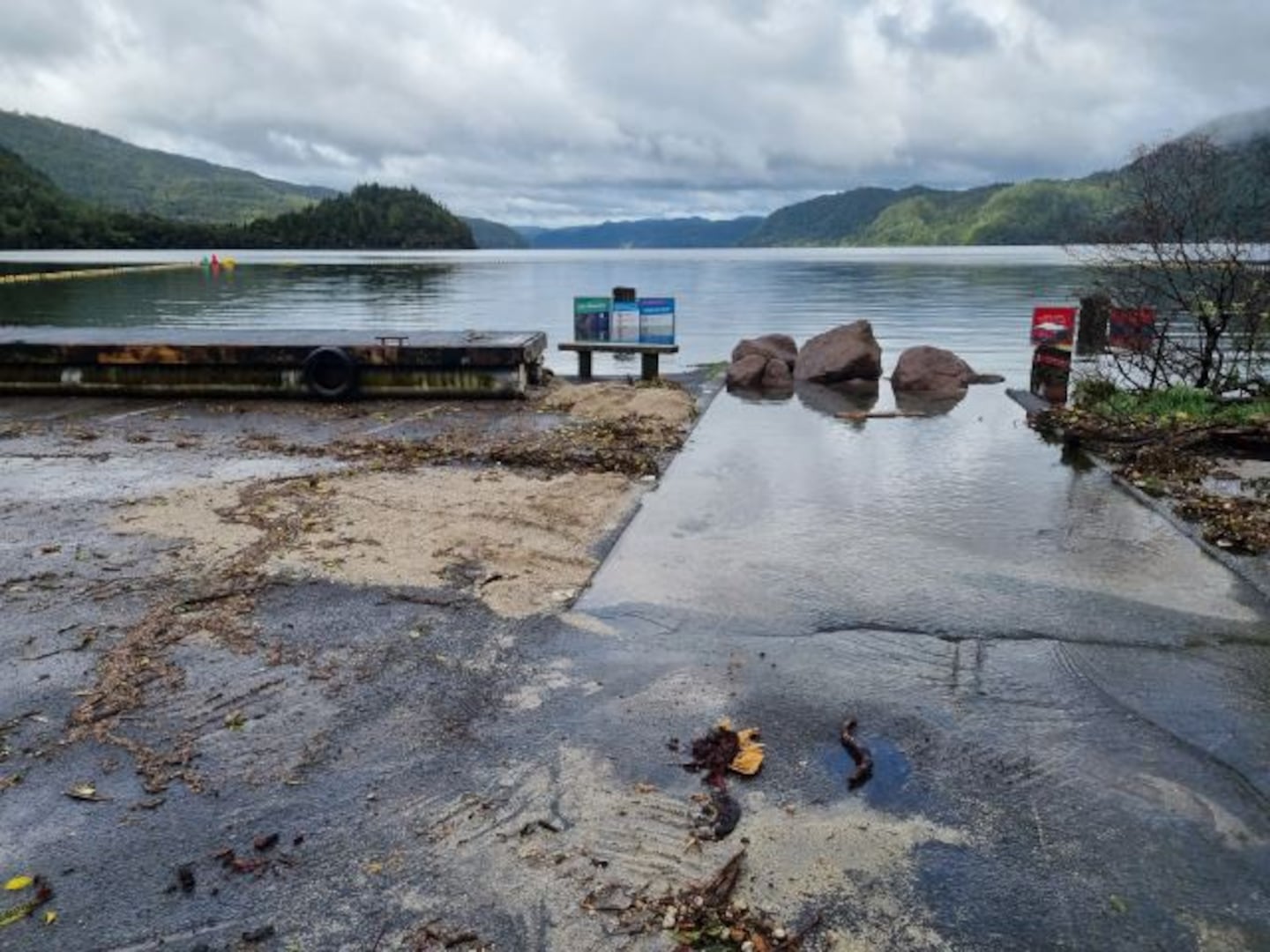Lake Ōkataina will be temporarily closed to boats and other watercraft in a bid to prevent the spread of the invasive golden clam. The closure will be in place for a month, from October 1 to 31, through a mechanism called a controlled area notice (CAN) under the Biosecurity Act.
The decision by the Ministry for Primary Industries (MPI) has been welcomed by the Ngāti Tarāwhai Iwi Trust, which has been advocating for the closure for some time.
“We are thrilled that MPI gave our request to temporarily close Lake Ōkataina serious consideration, as this allows us to concentrate on cooperating to stop the invasive species of golden clam from entering our priceless cultural heritage,” Ngāti Tarāwhai Iwi Trust chairperson Cyrus Hingston said..
“We look forward to working with MPI on the temporary biosecurity rules for Lake Ōkataina as part of a wider preventative strategy because we are confident that we can come up with effective solutions that will safeguard our lake,” Hingston said.
This freshwater mollusc was discovered along a stretch of the Waikato River in May.
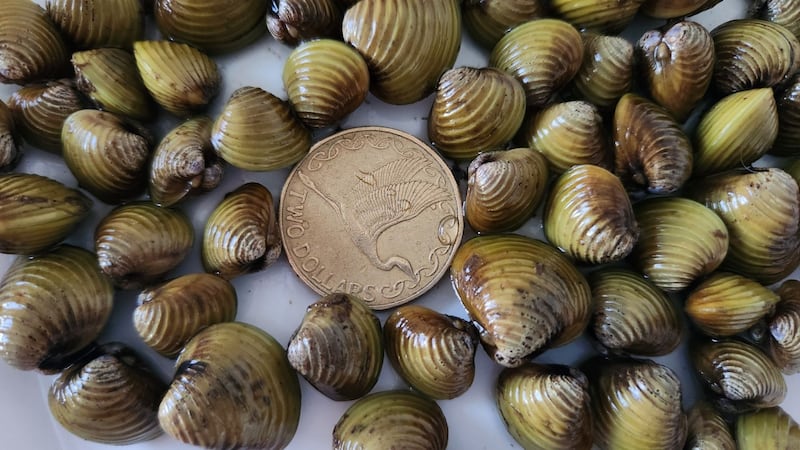
The clam is a highly invasive species that can have a devastating impact on freshwater ecosystems by depriving native species of food, and smothering native plants, as well as releasing nutrients into the water that can lead to algae blooms.
They are difficult to eradicate and can produce 400 offspring per day.
“Lake Ōkataina holds special cultural significance to Ngāti Tarāwhai because it contains a drowned pa site and other submerged Māori archaeological features. It is also a popular trout fishing lake and its popularity with fishers, many who travel from Waikato, makes it vulnerable,” Biosecurity New Zealand deputy director-general Stuart Anderson said.
“It is also a lake of high ecological value, and these features are recognised by certain restrictions already placed on some lake uses,” Mr Anderson said.
Over the temporary closure period, boat cleaning facilities will be installed at Lake Ōkataina and on the Waikato River to ensure all boats entering the lake are free of gold clams. The first station at Lake Karāpiro should be in place in about three weeks, and options are being worked through to put cleaning stations at all major boat ramps.
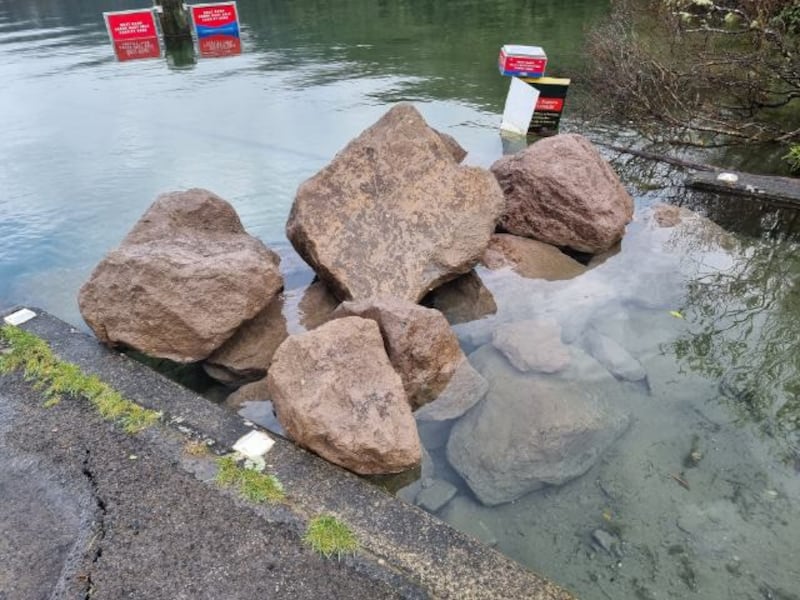
“We appreciate people want to get on Lake Ōkataina at the start of the trout fishing season but a small sacrifice this month goes a long way towards preserving it for generations to come,” Anderson said.
“Once we have the facilities to ensure all boats coming into the lake are clam-free, the lake will be open to enjoy for the remainder of the season.”
The CAN restricts the entry of boats, watercraft, and fishing gear like rods, waders, and nets into the lake. However, the lake remains open for activities such as shore walks, picnics, and swimming.
Those needing to use boats in the lake can apply for a special permit.
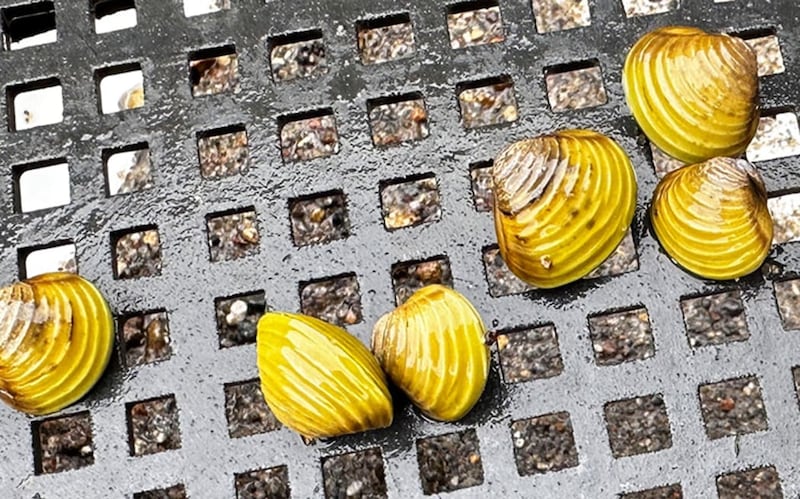
“We are also planning to run trials to determine the feasibility of suppressing the clam population in the Waikato River and these should be underway by November.” said Mr Anderson.
“Surveillance of a number of waterways around Rotorua undertaken by Te Arawa Lakes Trust and Bay of Plenty Regional Council has also found no evidence of the clam.” he added.
Ngāti Tarāwhai Iwi Trust reiterated Friday that the Controlled Area Notice (CAN) is needed to prevent an “environmental catastrophe” similar to the one occurring in their forests nearby because of Wallabies.
The trust said it has received online threats from some individuals even threatening to introduce clams into the lake if the CAN is enforced, but they were undeterred.
“The time to act is now and while we have received threats from a small number of people who seem to think that the right to fish outweighs and overrides any legitimate environmental concerns we have... If these Golden Clams get into our taonga, they’ll have a long-term destructive impact on fishing and everything else we hold dear about Lake Ōkataina.” Mr Hingston said.
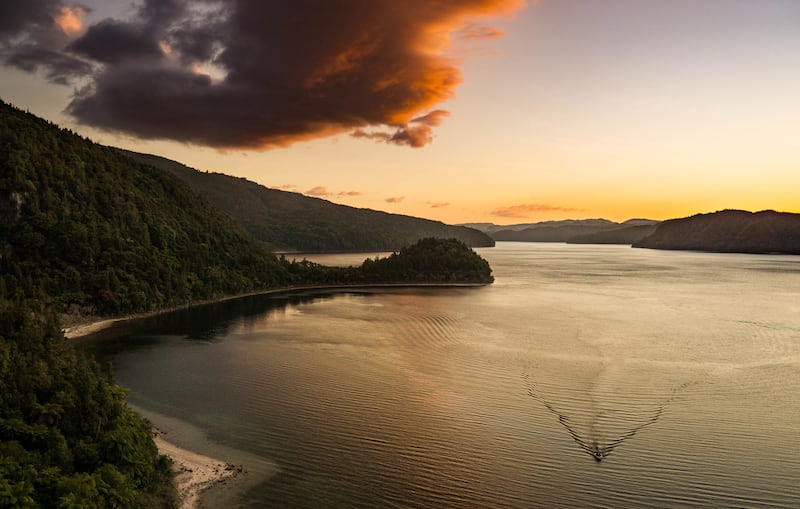
“While research from abroad indicates that the golden clam eradication has not been achieved, we are hopeful that our collaborative efforts between iwi and the Crown will lead to the implementation of effective preventative strategies,” he added.
On Friday morning, TeAoNews.co.nz received images of large boulders on the lake boat ramp, and reports of a tree which had fallen on the road to the lake.
The trust acknowledged a security guard had cited the boulders, but that they weren’t placed by the trust.
MPI said they couldn’t comment on the boulders, other than to say they hadn’t put them there either.
Developing story...


